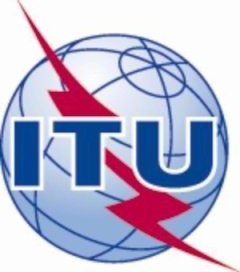  That international telecommunications treaty in Dubai was agreed but showed deep rift with many countries led by the US and Europe refusing to sign it. Only 89 countries signed it.
Over 2,000 delegates were registered for the conference, which was held by ITU at the request of its 193 Member States to renegotiate the International Telecommunication Regulations (ITRs), the binding global treaty facilitating global interconnection and interoperability of information and communication services, their efficient operation and their widespread public availability.
The treaty sets out general principles for ensuring the free flow of information around the world. New provisions in the text place special emphasis on future efforts to assist developing countries, on promoting accessibility to persons with disabilities, and on asserting all people’s right to freedom of expression over ICT networks.
According to Reuters, while U.S.-led bloc advocated a hands-off approach to the Internet, while Russia, China and much of Africa and the Middle East sought greater governmental oversight of cyberspace.
As a result, some countries in Africa and the Middle East felt the controversy overshadowed important reforms, such as provisions to improve broadband access to landlocked and island nations, which may be weakened by fewer countries signing the treaty. |